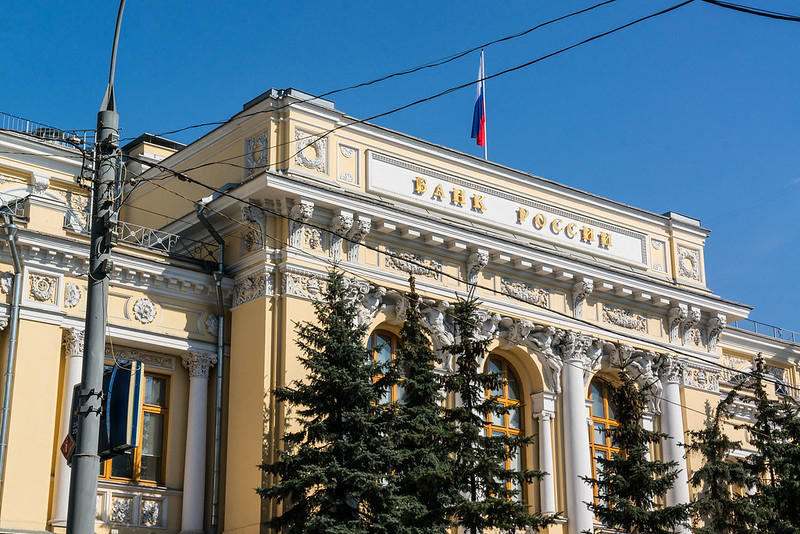Bank of Russia is not opposed to using cryptocurrencies such as Bitcoin (BTC) and Ether (ETH) for international payments. The monetary authority also hinted that it’s reconsidering its position on crypto mining, which could signal a possible relaxation of its anti-crypto stance.
Ksenia Yudayeva, First Deputy Governor of the Central Bank of the Russian Federation, stated the bank’s position on the potential use of crypto for international settlements. “In principle, we do not object to the use of cryptocurrency in international transactions,” the bank official said, Reuters reported.
While the Bank of Russia is open to using crypto in international transactions, Yudaeva noted that the regulator still views its wider use in the country as a potential threat to financial stability. “We still believe that the active use of cryptocurrency within the country, especially within Russia’s financial infrastructure, creates great risks for citizens and users,” she reiterated. “We believe that in our country those risks could be reasonably large.”
The central bank’s statement came just one week after the Ministry of Finance also said it is considering the use of crypto to settle international payments. The move could help counter the impact of Western sanctions, which limited Russia’s access to traditional payment channels.
“The idea of using digital currencies in transactions for international settlements is being actively discussed,” Ivan Chebeskov, director of the Ministry of Finance’s Financial Policy Department, said. Western powers imposed sanctions on Russia after its invasion of Ukraine cutting off Russian banks from the global financial network.
Bank of Russia is also changing its stance on crypto mining. “We have changed our position on mining, and also permit the use of cryptocurrency in foreign trade and outside the country,” Yudayeva added, according to Cointelegraph.
Previously, the central bank proposed to ban crypto mining in January. However, support for cryptocurreny has grown within the government since the imposition of Western sanctions.


























Comment 6